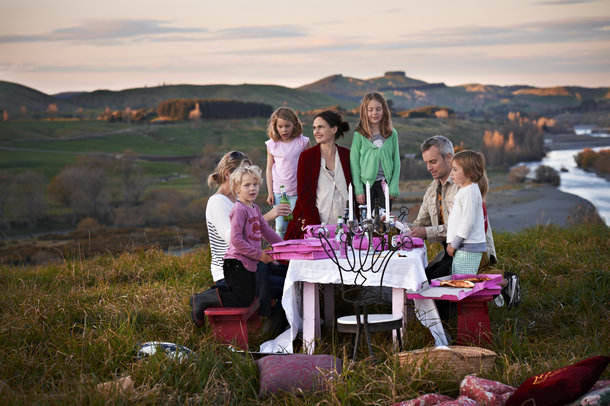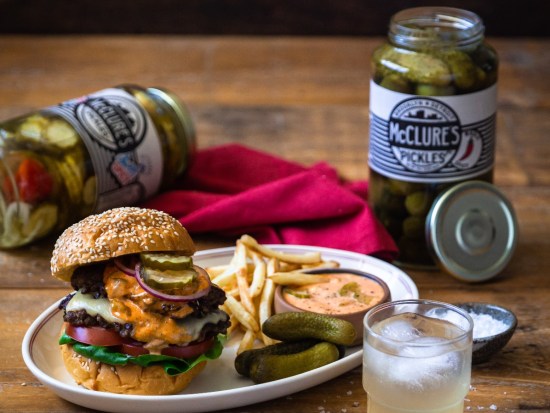Leading chefs, hospitality operators and premium food and wine producers believe New Zealand is in danger of killing the goose that lays the golden egg. A current Government proposal to make GM forestry (that’s trees that have been altered at the gene level), exempt from regional or district plans, could end the right of councils to ban genetically modified trees from their area and could threaten the country’s ability to promote itself as a GM-free nation A nation that offers a unique cuisine and natural environment second to none. Jes Magill talks with several operators concerned about the vulnerability of Brand New Zealand if this were to happen.
It’s often claimed that New Zealand’s environment is its competitive advantage, its point of difference on the global stage. But there’s concern that an anti-environment policy, the proposed National Environmental Standard for Plantation Forestry drafted by the Ministry of Primary Industries, could harm this status, and as a result negatively impact the hospitality and tourism industries, which together form New Zealand’s largest employer.
The Government-owned research institute, Scion, is working on genetically-engineered sterile plantation trees that would prevent the spread of so-called wilding trees.
Projects director with the Sustainability Council, Stephanie Howard, says the Government lacked Parliamentary support to remove the regions power to protect their GM free status, and is attempting to achieve that through regulation instead, bypassing further discussion.
Hawke’s Bay-born owner and chef at Pipi Café in Havelock North Alexandra Tylee says Hawke’s Bay is isolated, “It’s not really on the main road to anywhere except itself, so we’re in a great position to create a little piece of paradise, one which is completely GMO free, and where possible organic. It’s these little pockets of paradise travellers seek out and which will lead the world to a positive future too.”
Chef and food writer Lauraine Jacobs says, “It’s very worrying that industries like forestry, which isn’t involved in production and growing of edible products, can dictate and threaten the very fabric of our nation. Our economy is heavily dependent on the international export of these edible products and anything like GMO planting that even vaguely threatens the perception of New Zealand as clean and very green should be carefully re-thought.
“Our Government has a history of seeing tourism as offering adventures for thrill seeking, and more recently, those bloody hobbits. Apparently around 20 busloads of tourists a day leave Matamata to visit Hobbiton – imagine if we had 20 busloads of tourists seeking the best wine and cuisine in our regions. We’re ideally primed for food tourism and our challenge is to get the world to recognise this.”
Scott Lawson, an organic food producer and member of Pure Hawke’s Bay, a lobby group of premium produce, wine and food producers that wants Hawke’s Bay’s GM Free status protected in law – says the proposal to prevent the regions from protecting their land from GM forestry is highly controversial and a big risk for premium food exporters, “The Government must not favour GM forestry developers at the expense of food producers and exporters,” says Lawson.
Despite the Government’s stated intentions, Hastings District Council has just adopted rules that make Hastings the first official GM Free food producing district in New Zealand while Auckland, Whangarei and Far North councils are now consulting with their communities on similar policies.
It’s expected the decision on whether the proposal to make GM forestry exempt from regional or district plans will be made public by the end of the year.












